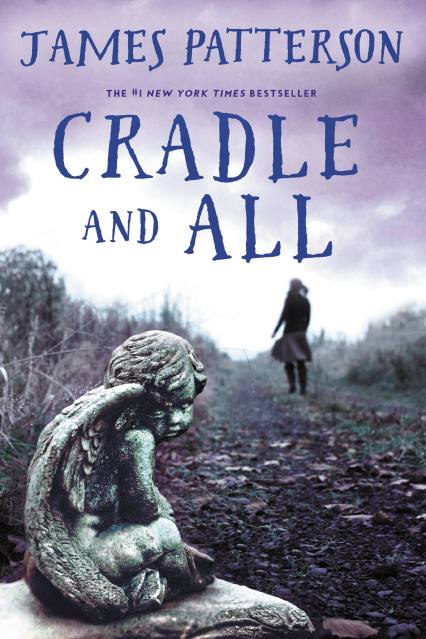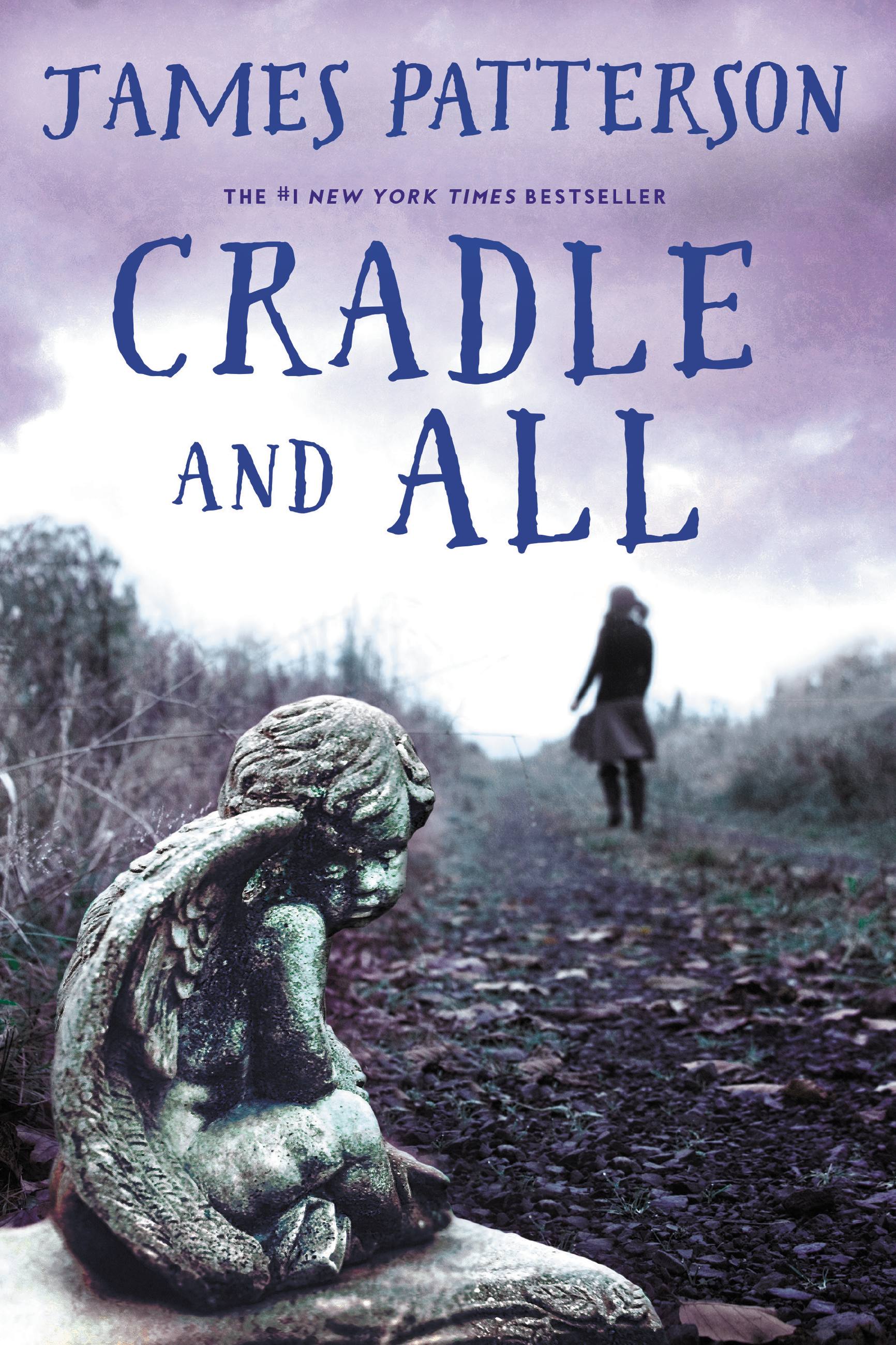By clicking “Accept,” you agree to the use of cookies and similar technologies on your device as set forth in our Cookie Policy and our Privacy Policy. Please note that certain cookies are essential for this website to function properly and do not require user consent to be deployed.
Cradle and All
Contributors
Formats and Prices
- On Sale
- Sep 12, 2016
- Page Count
- 336 pages
- Publisher
- JIMMY Patterson Books
- ISBN-13
- 9780316315487
Price
$9.99Price
$12.99 CADFormat
This item is a preorder. Your payment method will be charged immediately, and the product is expected to ship on or around September 12, 2016. This date is subject to change due to shipping delays beyond our control.
Buy from Other Retailers:
In this thriller from the world's #1 bestselling author, two teenage girls claim that they are pregnant virgins. But only one is carrying the child of Christ … and the other will deliver the son of Satan.
In Boston, seventeen-year-old Kathleen is pregnant, but she swears she's a virgin. In Ireland, another teenage girl, Colleen, discovers she is in the same impossible condition. Cities all around the world are suddenly overwhelmed by epidemics, droughts, famines, floods, and worse.
As terrifying forces of light and darkness begin to gather, Kathleen and Colleen find themselves at the center of the final battle for the very soul of humanity. Each of the girls must convince a young detective that she is the true mother of God … and that the other is carrying the devil.
The stakes couldn't be higher in this page-turning thriller. You won't be able to put it down until the final reveal: which baby is the miracle … and which the monster?
In Boston, seventeen-year-old Kathleen is pregnant, but she swears she's a virgin. In Ireland, another teenage girl, Colleen, discovers she is in the same impossible condition. Cities all around the world are suddenly overwhelmed by epidemics, droughts, famines, floods, and worse.
As terrifying forces of light and darkness begin to gather, Kathleen and Colleen find themselves at the center of the final battle for the very soul of humanity. Each of the girls must convince a young detective that she is the true mother of God … and that the other is carrying the devil.
The stakes couldn't be higher in this page-turning thriller. You won't be able to put it down until the final reveal: which baby is the miracle … and which the monster?
-
A #1 New York Times Bestseller!
Newsletter Signup
By clicking ‘Sign Up,’ I acknowledge that I have read and agree to Hachette Book Group’s Privacy Policy and Terms of Use



